
Find Help
More Items From Ergsy search
-
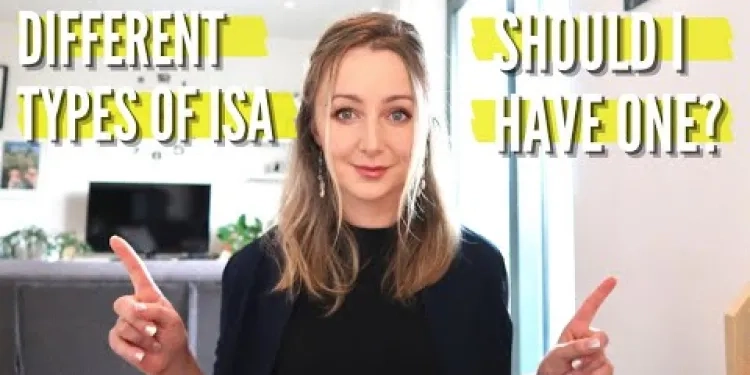
What Is An ISA UK (Should I have an ISA & Different Types Of ISAs)
Relevance: 100%
-

What is an ISA?
Relevance: 98%
-

Can I transfer my ISA between providers?
Relevance: 87%
-
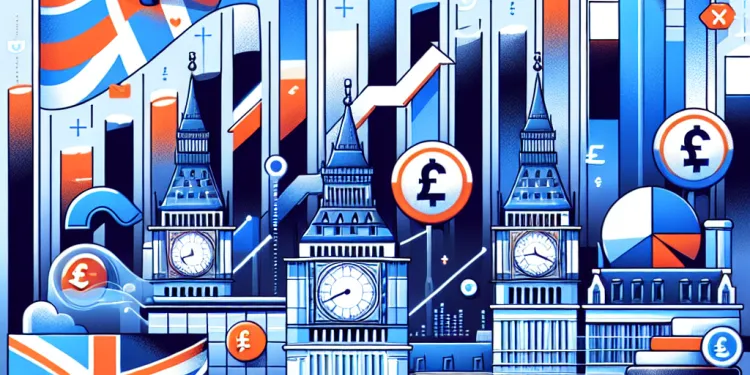
Can I invest in foreign stocks with an ISA?
Relevance: 86%
-
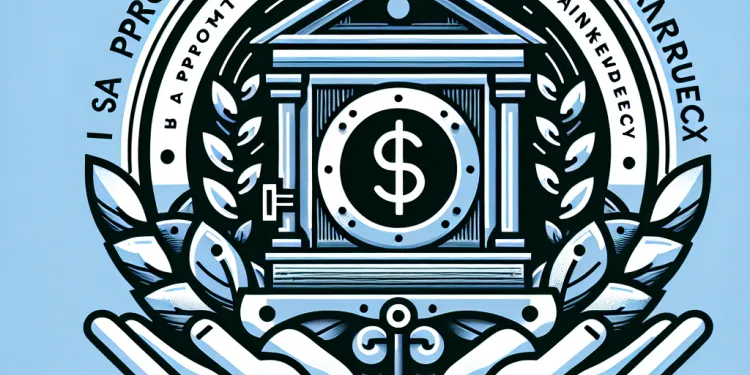
Is my ISA protected if my provider goes bankrupt?
Relevance: 85%
-
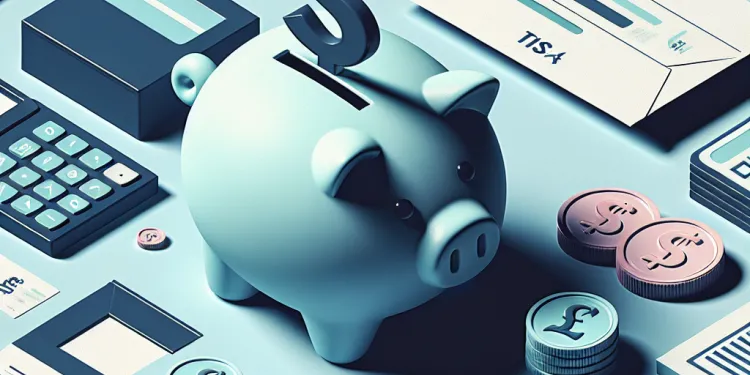
Do I need to declare my ISA income on my tax return?
Relevance: 84%
-

What types of ISAs can I use for investments?
Relevance: 84%
-
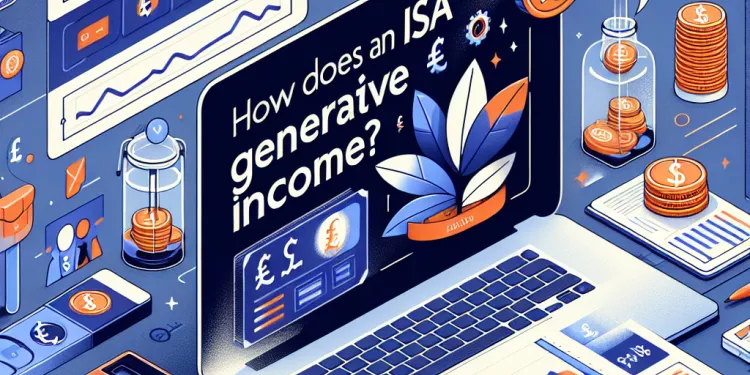
How does an ISA generate passive income?
Relevance: 84%
-

What happens if I exceed the ISA contribution limit?
Relevance: 83%
-
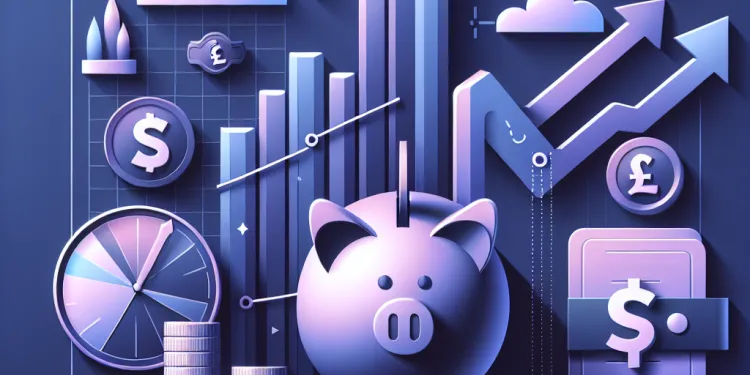
What is a realistic rate of return for an investment ISA?
Relevance: 82%
-
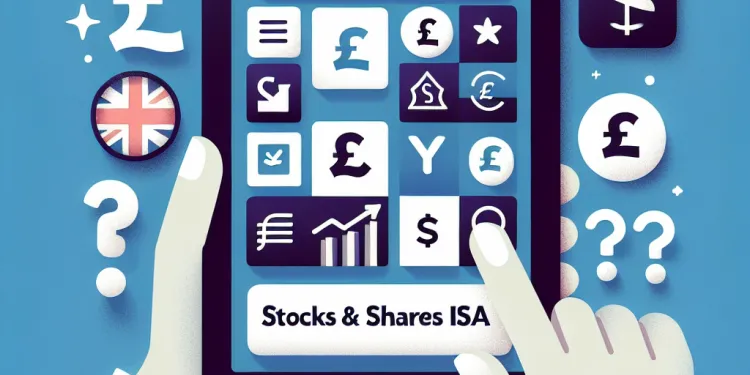
Are there fees associated with Stocks & Shares ISAs?
Relevance: 82%
-
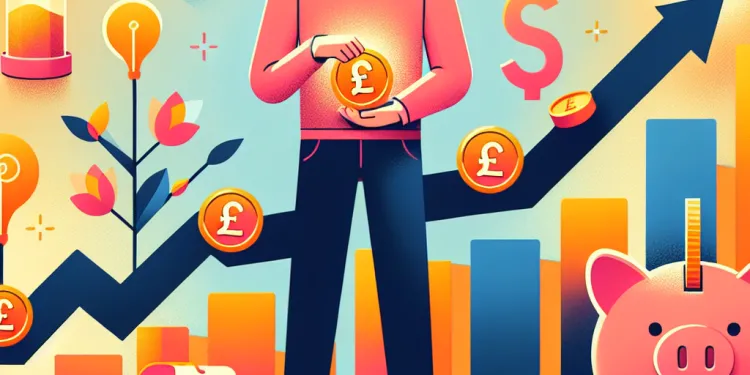
Saving for the Future: The Best ISAs to Consider Right Now
Relevance: 81%
-

Can I withdraw money from my ISA any time?
Relevance: 81%
-
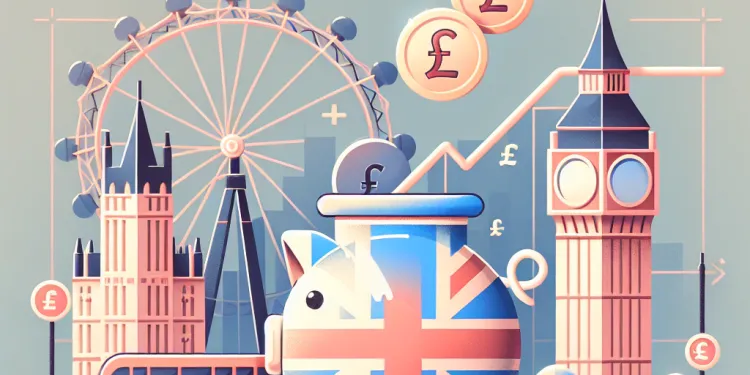
How much would I need in an ISA to generate £2,000 monthly?
Relevance: 80%
-
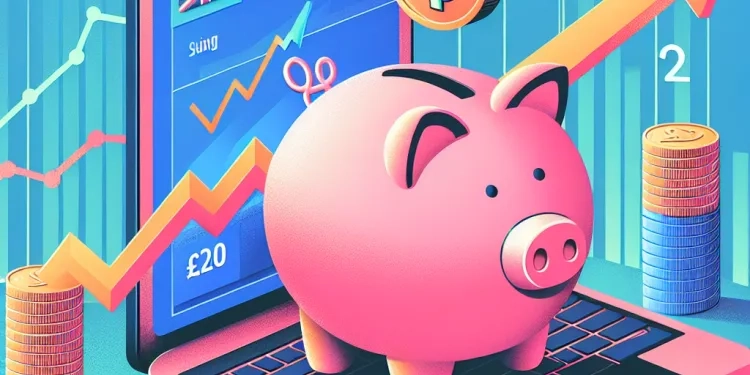
How much would I need in an ISA for a £2k monthly passive income?
Relevance: 79%
-
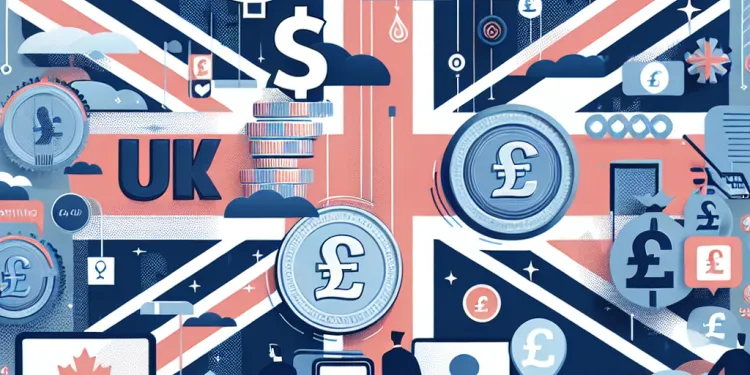
Can I have multiple ISAs?
Relevance: 63%
-
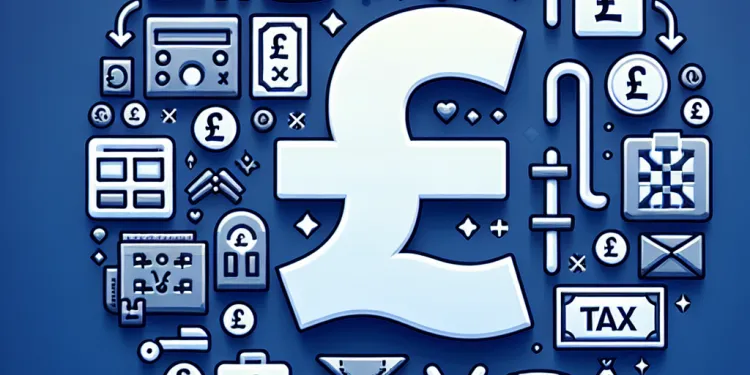
How are dividends in an ISA taxed?
Relevance: 63%
-
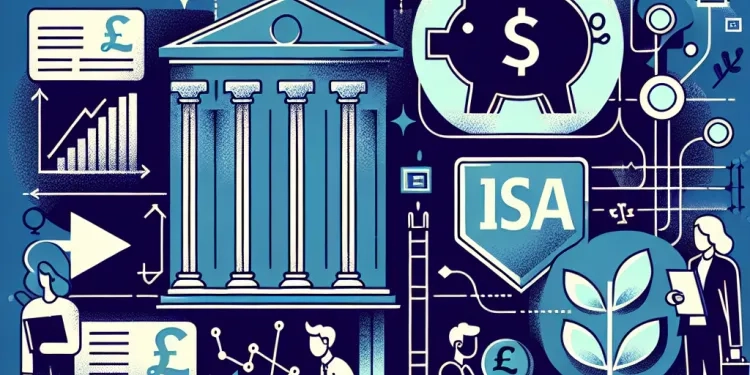
Are there any limits on how much I can invest in an ISA per year?
Relevance: 27%
-

Do online banks offer investment options?
Relevance: 16%
-

What information do I need to complete my Self Assessment tax return?
Relevance: 13%
-

What assets are subject to inheritance tax?
Relevance: 12%
-
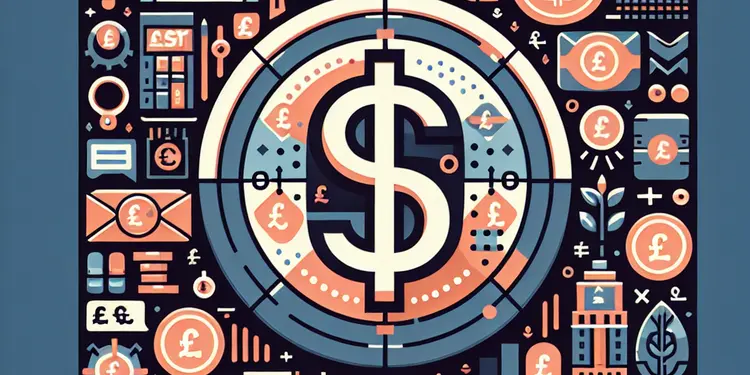
What is the annual CGT allowance?
Relevance: 12%
-

How do better interest rates help me save money?
Relevance: 12%
-

Should you Pay down your Residential Mortgage?
Relevance: 12%
-

House Prices Soar: First-Time Buyers Share Their Stories
Relevance: 12%
-

What can pension fund members do if their fund is at risk of failing?
Relevance: 12%
-
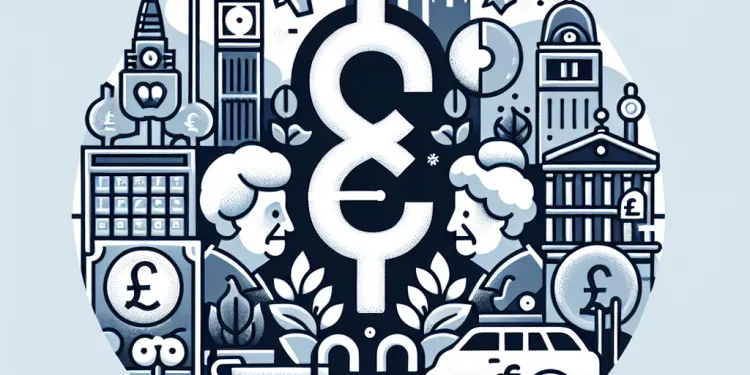
How will the changes in pension age affect retirement planning?
Relevance: 12%
-

Rising Property Prices Fuel Concerns Over First-Time Buyer Accessibility
Relevance: 12%
-
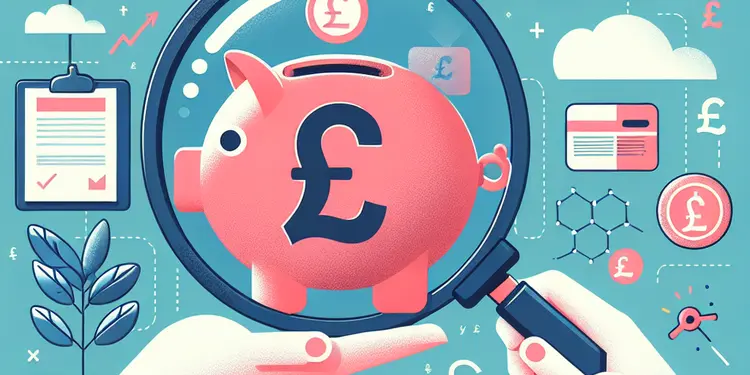
How can I compare banks to find the best deal?
Relevance: 12%
-

What Happens To Investments and Pensions | Moving Abroad | Leaving the UK
Relevance: 11%
-
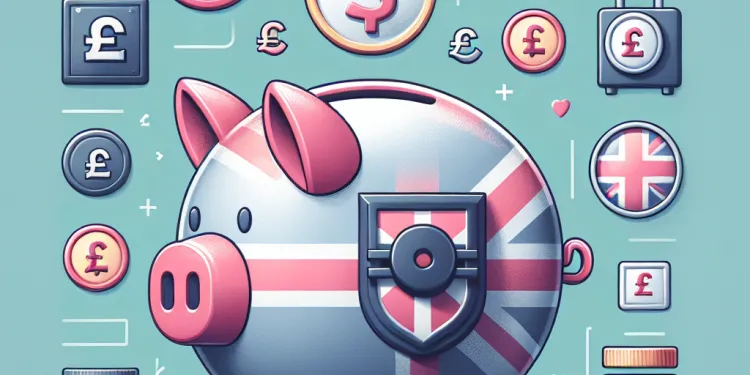
How can individuals protect their retirement savings?
Relevance: 11%
-
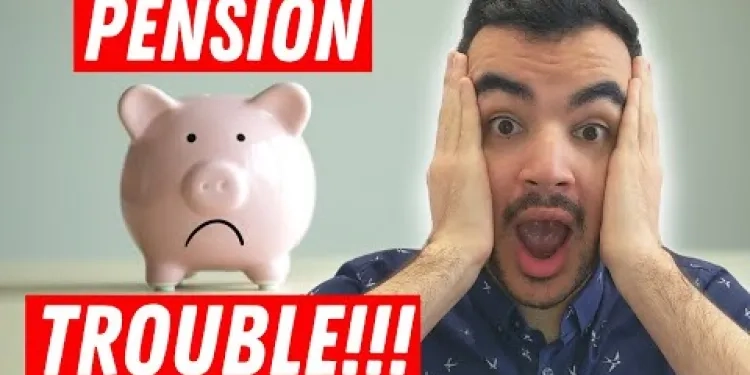
What Happens When Pensions Go Bust! | Pension System Collapse UK
Relevance: 6%
-
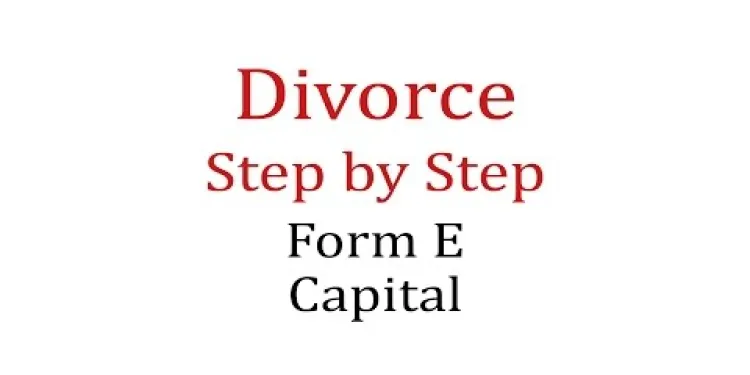
Divorce Step By Step - Form E - Capital
Relevance: 6%
-
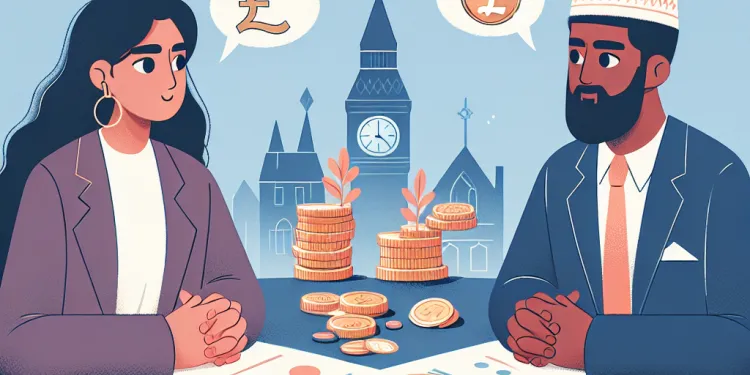
Navigating Post-Divorce Finances Amidst Economic Challenges
Relevance: 6%
What is an ISA?
An Individual Savings Account (ISA) is a tax-efficient savings and investment account available to residents of the United Kingdom. It allows individuals to save or invest money up to a certain limit each year without paying tax on the interest earned or investment gains.
Types of ISAs
There are several types of ISAs designed to cater to different savings and investment needs. The main types include Cash ISAs, Stocks and Shares ISAs, Innovative Finance ISAs, Lifetime ISAs, and Junior ISAs.
Cash ISAs are similar to regular savings accounts but with tax-free interest. They are a popular choice for those who want a straightforward, low-risk savings option.
Stocks and Shares ISAs allow you to invest in stocks, bonds, and other financial instruments. While they offer the potential for higher returns, they also come with a higher level of risk, making them more suitable for long-term investment strategies.
Innovative Finance ISAs enable investment in peer-to-peer lending, where you lend money directly to individuals or businesses. These ISAs are less common and come with unique risks and opportunities.
Lifetime ISAs, introduced to help individuals save for either a first home or retirement, provide government bonuses for contributions made up to set limits each year. They are available to individuals aged 18 to 39.
Junior ISAs are designed for saving on behalf of children under 18. They provide a tax-free way to save or invest money for a child's future and can be converted into an adult ISA once the child turns 18.
Annual ISA Allowance
Each tax year, there is a maximum allowance that can be saved or invested in ISAs. For the 2023/24 tax year, the annual ISA allowance is £20,000. This limit can be split across different types of ISAs, but the total contributions to all ISAs must not exceed the annual limit.
Tax Efficiency of ISAs
One of the main attractions of ISAs is their tax efficiency. Any interest earned in a Cash ISA or capital gains and dividends in a Stocks and Shares ISA are exempt from UK Income Tax and Capital Gains Tax. This makes them an excellent vehicle for building savings and managing investments over time.
Transferring ISAs
If you wish to switch ISA providers or move funds between different types of ISAs, you can do so by requesting a transfer rather than withdrawing and redepositing funds. This ensures you retain the tax-free status of your savings or investments. Be sure to check any specific rules and fees associated with transfers before proceeding.
Conclusion
ISAs are a versatile and beneficial way to save and invest, offering significant tax advantages for UK residents. By understanding the different types of ISAs and their respective features, individuals can effectively plan and enhance their financial health over time.
What is an ISA?
An ISA is a special savings account for people in the UK. You can save or invest money in it. You don't pay tax on the money you make from it. Each year, there is a limit on how much you can save or invest in an ISA.
Types of ISAs
There are different kinds of ISAs for different needs. Here are the main ones:
Cash ISAs: These are like normal savings accounts, but you don't pay tax on the interest you earn. They are safe and simple.
Stocks and Shares ISAs: You can invest in things like company shares or bonds. These might earn you more money, but they are riskier. They are good for long-term saving.
Innovative Finance ISAs: You lend money directly to people or businesses. These are less common and can be risky.
Lifetime ISAs: These help you save for your first home or for when you retire. The government gives you extra money each year. You can open one if you are between 18 and 39 years old.
Junior ISAs: These are for saving money for kids under 18. The money grows tax-free, and kids can use it when they turn 18.
Annual ISA Allowance
Each year, there is a maximum amount you can save in ISAs. For the year 2023/24, you can save up to £20,000. You can split this amount across different ISAs, but the total should not be more than the limit.
Tax Benefits of ISAs
ISAs are good because you don't pay tax on the money you earn from them. In a Cash ISA, there is no tax on interest. In a Stocks and Shares ISA, there is no tax on money made from investments. This helps you save and grow your money over time.
Moving ISAs
If you want to change your ISA provider or type, you can transfer your money. It is important to ask for a transfer so you don't lose the tax benefits. Always check for any fees or rules before you transfer.
Conclusion
ISAs are a great way to save and invest money without paying tax on what you earn. By knowing the different types and benefits, you can plan and improve your financial health. If you need help, you can use tools or ask someone you trust for advice.
Frequently Asked Questions
What does ISA stand for?
ISA stands for Individual Savings Account.
What is an ISA used for?
An ISA is used for saving or investing money in a tax-efficient way.
How many types of ISAs are there?
There are several types, including Cash ISAs, Stocks and Shares ISAs, Innovative Finance ISAs, and Lifetime ISAs.
What is the annual ISA allowance?
The annual ISA allowance is the maximum amount you can contribute to an ISA in a tax year. For the 2023/24 tax year, the allowance is £20,000.
Can I have more than one ISA?
Yes, you can have multiple ISAs, but you can only open one of each type per tax year and contribute to a maximum of £20,000 across them.
What is a Cash ISA?
A Cash ISA is a savings account where the interest is not taxed.
What is a Stocks and Shares ISA?
A Stocks and Shares ISA is an investment account where you can invest in stocks, bonds, and other assets without paying capital gains tax on the profits.
What is an Innovative Finance ISA?
An Innovative Finance ISA allows you to invest in peer-to-peer loans without paying tax on the interest earned.
What is a Lifetime ISA?
A Lifetime ISA is designed to help people save for retirement or to buy their first home, with a government bonus of 25% on contributions.
Can I transfer my ISA?
Yes, you can transfer your ISA from one provider to another, including between different types of ISAs.
Is there a limit on how much I can transfer between ISAs?
No, there's no limit on transferring ISAs, but transfers from current year subscriptions must be transferred in full.
How old do I need to be to open an ISA?
You need to be at least 16 to open a Cash ISA and 18 for other types of ISAs.
Do I pay tax on withdrawals from an ISA?
No, withdrawals from an ISA are tax-free.
Can I lose money in a Stocks and Shares ISA?
Yes, because it's an investment product, the value of a Stocks and Shares ISA can go down as well as up, so you may get back less than you invest.
What happens to my ISA if I die?
Your ISA can be transferred to your spouse or civic partner through an Additional Permitted Subscription, or it will become part of your estate.
Is an ISA guaranteed?
Cash in a Cash ISA is protected by the Financial Services Compensation Scheme up to £85,000. Investments in other ISAs can fluctuate and are not guaranteed.
What are the benefits of a Junior ISA?
A Junior ISA is a tax-free savings account for children, allowing parents to save on behalf of their child with a current limit of £9,000 per year.
Can non-UK residents open an ISA?
No, you must be a UK resident to open an ISA.
What happens if I exceed my ISA allowance?
If you exceed your ISA allowance, you may be subject to tax charges and will need to contact your provider or HMRC to rectify the issue.
Are ISAs safe?
Cash ISAs are generally safe due to FSCS protection. However, Stocks and Shares ISAs involve investment risk, which means your capital is at risk.
What does ISA mean?
ISA is short for "Individual Savings Account." It’s a special kind of bank account in the UK.
To help understand or remember, you can:
- Use pictures or drawings.
- Ask someone to explain with simple words.
- Use apps that read words out loud.
ISA means Individual Savings Account. It's a special way to save or invest money.
What do people use an ISA for?
An ISA helps you save or invest money without having to pay as much tax.
How many types of ISAs are there?
An ISA is a type of savings account. In the UK, there are four types of ISAs.
Here are the four ISAs:
- Cash ISA: Save money, and don't pay tax on the interest.
- Stocks and Shares ISA: Invest in things like company shares.
- Innovative Finance ISA: Lend money to people or businesses.
- Lifetime ISA: Save for a house or when you get older. Only for people aged 18 to 39.
If you need help understanding, you can:
- Ask someone you trust to explain it to you.
- Use online tools that read the text out loud.
- Break down each type into small parts and learn one at a time.
There are different kinds of ISAs you can choose from. They are:
1. Cash ISAs
2. Stocks and Shares ISAs
3. Innovative Finance ISAs
4. Lifetime ISAs
What is the ISA money limit for each year?
You can put money into an ISA each year. This is called the ISA allowance. For the year 2023/24, you can put in up to £20,000.
Can I have more than one ISA?
You can have different types of ISAs, like a cash ISA and a stocks and shares ISA. But, you can only open one of each type each year. Using tools like calendars and reminders can help you keep track of your ISAs.
Yes, you can have more than one ISA (that's a way to save money). But, you can only open one of each kind every year. You can put up to £20,000 in all your ISAs in one year.
What is a Cash ISA?
A Cash ISA is a special way to save money. It helps you keep your savings safe and grow them.
Think of it like a piggy bank that doesn’t let the tax man take any of your money. You don't have to pay any tax on the money you earn in a Cash ISA.
Here are some helpful tools:
- Use a calculator to see how much you can save.
- Ask a grown-up if you need help understanding.
A Cash ISA is a special kind of savings account. You don't have to pay tax on the money you earn from it.
What is a Stocks and Shares ISA?
A Stocks and Shares ISA is a way to save or invest money.
You can use it to buy shares in companies or other things like bonds.
Any money you make from these investments is tax-free.
If you find numbers and investing tricky, ask someone you trust for help.
You can also use apps or websites that make investing easy to understand.
A Stocks and Shares ISA is a special account for your money. You can use it to buy things like stocks and bonds. The good part is, if your money grows, you don't have to pay extra money called capital gains tax on what you earn.
What is an Innovative Finance ISA?
An Innovative Finance ISA is a savings account. It helps you save money and earn interest. It is special because you can use it to lend money to people or businesses. You earn interest from the money you lend. Here are some tips to help you understand: - **Break down information**: Take small parts one at a time. - **Use pictures**: Draw to help explain ideas. - **Ask for help**: Talk to someone if you have questions.An Innovative Finance ISA is a way to save money. You can put your money into peer-to-peer loans. This means you don't have to pay tax on the money you make from interest.
To help understand, you can:
- Use pictures or drawings to show how it works.
- Ask someone to explain the steps with you.
Remember, it's like keeping your savings safe and not paying some extra money (tax) on it.
What is a Lifetime ISA?
A Lifetime ISA is a special way to save money.
You can put money in it, and the government adds extra money too.
It helps you save for the future, like buying a house or saving for when you are older.
You can use tools like pictures or videos to help you understand more.
Ask a friend or family member if you need help with big words.
A Lifetime ISA is a special account to help you save money. You can use it when you retire or to buy your first house. The government adds extra money, which is 25% of what you save.
Can I move my ISA?
Yes, you can move your ISA. ISA is a special savings account. If you want to move it to another bank, you can. But talk to the bank people first. They can help you. You might need to fill out some forms.
Here are some tips to help you:
- Ask someone you trust for help, like a family member or friend.
- Use a calculator to check your savings and what you might earn.
- Make sure you understand any costs or charges before moving your ISA.
Remember, it’s okay to ask questions if you don't understand something.
Yes, you can move your savings account, called an ISA, from one bank to another. You can also change to a different type of ISA if you want.
Can I move as much money as I want between my ISAs?
ISAs are special savings accounts. If you have more than one, you might want to move your money around.
- You can move money between ISAs.
- But there are rules about how much you can move each year.
- If you're unsure, ask for help or use a money guide online.
No, there is no limit on moving ISAs. But if you want to move money you've put in this year, you have to move all of it.
How old do I need to be to get an ISA?
You need to be at least 16 years old to open a cash ISA.
If you want a stocks and shares ISA, you need to be 18 years old.
Ask an adult to help you if you're not sure.
You must be at least 16 years old to open a Cash ISA. You need to be 18 years old to open other types of ISAs.
It can be helpful to use a calendar to keep track of your age and set reminders. You might also ask someone you trust if you have questions or need help.
Do I pay tax when I take money out of an ISA?
No, taking money out of an ISA does not have any tax.
Can I Lose Money with a Stocks and Shares ISA?
Yes, you can lose money with a Stocks and Shares ISA. This is because the value of stocks and shares can go up and down. If the value goes down, you might get back less money than you put in.
If you find it hard to understand, you can:
- Ask someone you trust to explain it to you.
- Use pictures or charts to help you see how it works.
- Take your time and read slowly.
Yes, a Stocks and Shares ISA is a way to invest money. Sometimes, it can lose value or gain value. So, you might get less money back than you put in.
What happens to my ISA if I die?
If you die, your ISA (a savings account) changes. Your money doesn't stay in the ISA.
Someone you choose, like a family member or friend, will get your money. This person is called a "beneficiary."
They can use the money or move it to another account.
If you need help planning, talk to a trusted person or a financial advisor. They can help explain what to do with your money.
You can give your ISA money to your husband, wife, or civil partner. This is called an Additional Permitted Subscription. If you don’t give it to them, it becomes part of what you leave behind when you die.
Is an ISA Safe?
Your money in a Cash ISA is safe up to £85,000. This protection comes from the Financial Services Compensation Scheme. But if you put your money in other types of ISAs, they can go up and down, and your money is not guaranteed to be safe.
What are the good things about a Junior ISA?
A Junior ISA is like a special money box for children.
Here are some good things about a Junior ISA:
- You do not have to pay tax on the money saved.
- The money can grow over time because it earns interest.
- It helps children save for when they are older, like for school or a car.
- Family and friends can also put money into the Junior ISA.
It is important to learn about saving. You can use pictures or charts to help understand.
A Junior ISA is a special bank account for kids. It helps parents save money for their children. You don't have to pay tax on the money in this account. Each year, parents can save up to £9,000 for their child.
Can people who do not live in the UK open an ISA?
This means: Can someone who does not live in the UK start an ISA account?
Support: You can ask a helper or use a computer to find out if you can.
No, you can't open an ISA unless you live in the UK.
What if I put too much money in my ISA?
You can only put a certain amount of money in your ISA each year. If you put in too much, it is called "exceeding the allowance."
Here’s what to do if this happens:
- Check how much money you are allowed to put in your ISA each year.
- If you put in too much, talk to the bank or company where you have your ISA. They can help fix it.
- You might need to take some money out.
Remember, using a calculator can help you keep track of your money. Also, ask a grown-up to help if you need it.
If you put too much money in your ISA, you might have to pay extra money to the government. You should talk to the people who manage your ISA or get in touch with HMRC for help.
Are ISAs safe?
ISAs are a way to save money. They keep your savings safe. Most ISAs protect your money. But check how much they protect. You can ask someone to help you understand. Remember to keep track of where you save your money. If you need help, ask a friend or use a calculator to plan your savings.
Cash ISAs are safe. If something goes wrong, you are protected by a group called FSCS.
Stocks and Shares ISAs are different. They are like a gamble. You could lose some money.
If you want help, you can:
- Ask someone you trust to explain
- Use a picture or chart to understand better
- Take your time to think and decide
Useful Links
Have you found an error, or do you have a link or some information you would like to share? Please let us know using the form below.
-->
This website offers general information and is not a substitute for professional advice.
Always seek guidance from qualified professionals.
If you have any medical concerns or need urgent help, contact a healthcare professional or emergency services immediately.
Some of this content was generated with AI assistance. We’ve done our best to keep it accurate, helpful, and human-friendly.
- Ergsy carfully checks the information in the videos we provide here.
- Videos shown by Youtube after a video has completed, have NOT been reviewed by ERGSY.
- To view, click the arrow in centre of video.
- Most of the videos you find here will have subtitles and/or closed captions available.
- You may need to turn these on, and choose your preferred language.
- Go to the video you'd like to watch.
- If closed captions (CC) are available, settings will be visible on the bottom right of the video player.
- To turn on Captions, click settings .
- To turn off Captions, click settings again.
More Items From Ergsy search
-

What Is An ISA UK (Should I have an ISA & Different Types Of ISAs)
Relevance: 100%
-

What is an ISA?
Relevance: 98%
-

Can I transfer my ISA between providers?
Relevance: 87%
-

Can I invest in foreign stocks with an ISA?
Relevance: 86%
-

Is my ISA protected if my provider goes bankrupt?
Relevance: 85%
-

Do I need to declare my ISA income on my tax return?
Relevance: 84%
-

What types of ISAs can I use for investments?
Relevance: 84%
-

How does an ISA generate passive income?
Relevance: 84%
-

What happens if I exceed the ISA contribution limit?
Relevance: 83%
-

What is a realistic rate of return for an investment ISA?
Relevance: 82%
-

Are there fees associated with Stocks & Shares ISAs?
Relevance: 82%
-

Saving for the Future: The Best ISAs to Consider Right Now
Relevance: 81%
-

Can I withdraw money from my ISA any time?
Relevance: 81%
-

How much would I need in an ISA to generate £2,000 monthly?
Relevance: 80%
-

How much would I need in an ISA for a £2k monthly passive income?
Relevance: 79%
-

Can I have multiple ISAs?
Relevance: 63%
-

How are dividends in an ISA taxed?
Relevance: 63%
-

Are there any limits on how much I can invest in an ISA per year?
Relevance: 27%
-

Do online banks offer investment options?
Relevance: 16%
-

What information do I need to complete my Self Assessment tax return?
Relevance: 13%
-

What assets are subject to inheritance tax?
Relevance: 12%
-

What is the annual CGT allowance?
Relevance: 12%
-

How do better interest rates help me save money?
Relevance: 12%
-

Should you Pay down your Residential Mortgage?
Relevance: 12%
-

House Prices Soar: First-Time Buyers Share Their Stories
Relevance: 12%
-

What can pension fund members do if their fund is at risk of failing?
Relevance: 12%
-

How will the changes in pension age affect retirement planning?
Relevance: 12%
-

Rising Property Prices Fuel Concerns Over First-Time Buyer Accessibility
Relevance: 12%
-

How can I compare banks to find the best deal?
Relevance: 12%
-

What Happens To Investments and Pensions | Moving Abroad | Leaving the UK
Relevance: 11%
-

How can individuals protect their retirement savings?
Relevance: 11%
-

What Happens When Pensions Go Bust! | Pension System Collapse UK
Relevance: 6%
-

Divorce Step By Step - Form E - Capital
Relevance: 6%
-

Navigating Post-Divorce Finances Amidst Economic Challenges
Relevance: 6%


